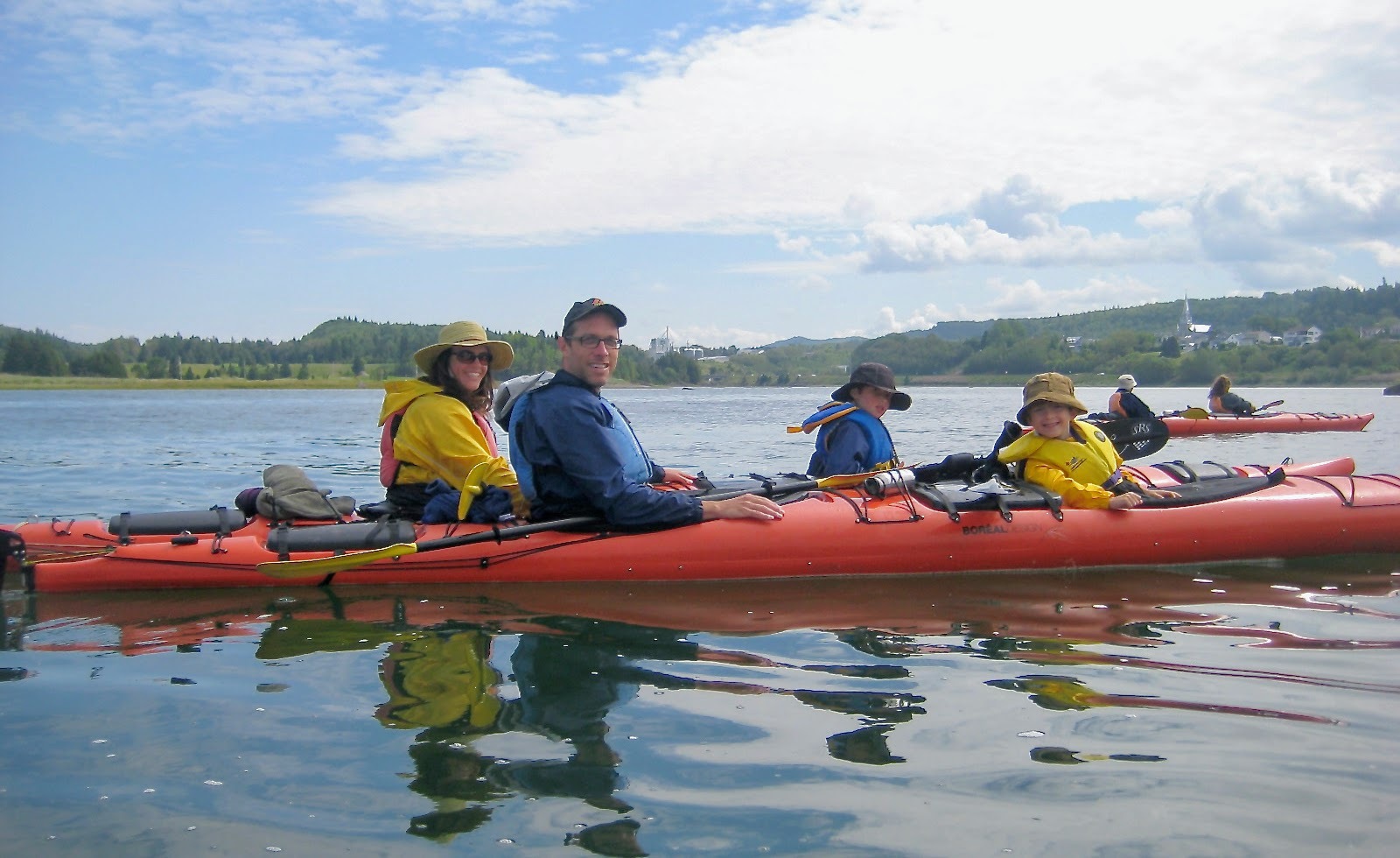Dr. Rick Smith brings 25 years’ experience leading non-profit organizations, having spent the past eight years building the Broadbent Institute into one of the country’s most prominent policy think tanks. He holds a PhD in biology, has published widely, including co-authoring two best-selling books on the human health impacts of pollution, and has worked across the country and around the world with a wide variety of stakeholders pursuing fact-based solutions to environmental, social, and economic challenges. I sat down with Rick during his first week at the Institute to ask him about his new role, and how he pictures the road ahead.
What drew you to take on this new leadership role at the Institute?
RS: There’s an urgency to climate change that can’t be denied. The next ten years are make-or-break for reducing carbon, for ensuring Canada is positioned to adapt successfully to climate change impacts, and for ensuring that our economy is built to compete in a low-carbon world. In order to do these things, we need the best plan, informed by the best evidence. We need to make sure Canadians—all Canadians—are engaged in the discussion. This is the project I want to be working on right now.
What do you see as the biggest climate policy challenges facing Canada today?
RS: Actually getting a move on! For years, we’ve been arguing about the rules of the road rather than just starting the trip. The recent Supreme Court decision upholding carbon pricing, the new climate accountability law, C-12, and dramatic moves by the Biden administration and other key trading partners have now set the context and framework for Canadian action. Climate change isn’t just an environmental imperative. It’s an economic and social one. There’s no impediment now to our getting to work on the challenges and taking advantage of the opportunities.
The world is moving to net zero, and we can ensure that Canada is a leader in this historic transition.
How confident are you that Canada can make the progress necessary to achieve net zero?
RS: Completely confident. The world is moving to net zero. There’s no other option. And we can ensure that Canada is a leader in this historic transition.
On a more personal level, how do you stay positive and motivated working on climate policy?
RS: One of the advantages of getting older is that I’ve seen positive change happen, often very quickly. As one example, I’ve had the privilege of being involved with the toxic chemical discussion for many years. Starting in the early 2000s, in response to improving science and consumer awareness, chemicals like BPA were removed from many consumer products. So things like kids’ toys are much safer than they were even a few years ago. You can feel the momentum for constructive change happening now with respect to climate. It’s exciting!
What will be different in the world if the Institute is a success?
RS: Canadians will be more informed. And we’ll be united around the goal of a low-carbon world as a shared project that needs to benefit everyone.




